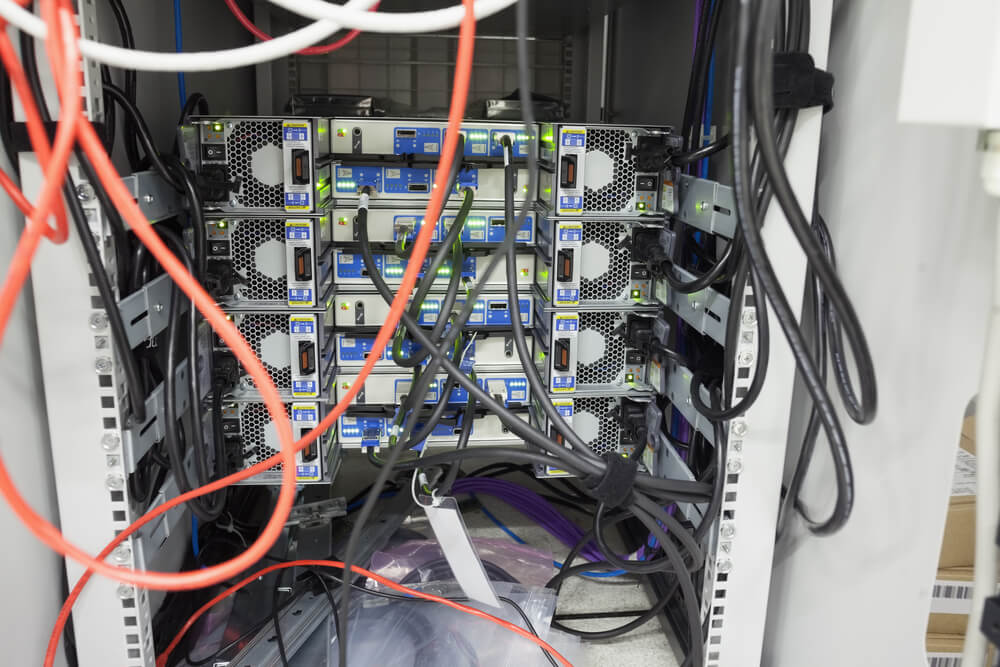BUILDING SUCCESSFUL CLOUD MIGRATION SYSTEMS
A wholesale distributor upgrades IT infrastructure and migrates to the cloud
Miles IT works with a wholesale distributor to upgrade their current servers and move their email system to the cloud.


THE CLIENT
A wholesale distributor
The client is a regional convenience store distributor serving customers throughout the Delaware Valley. They primarily rely on technology for daily operations such as warehouse management, inventory tracking, and communication.
THE CHALLENGE: NEED FOR SECURITY AND STABILITY
Aging in-house infrastructure
When the client came to Miles, they were utilizing a physical host server running two virtual machines. With an aging in-house infrastructure (Exchange 2003, SQL 2005, and Microsoft .NET 3.5), they were in need of a platform upgrade to provide more security and stability.

THE STRATEGY
Analyzing what systems to migrate
The operating systems’ requirements, in conjunction with the required performance specifications of the web application server, ultimately determined that the customer was in need of an upgrade.
Upgrading the in-house server
To create a more efficient environment for supporting the client’s day-to-day business productivity tools, a new virtual machine would need to be created. This new setup would assume the primary roles of the existing web server while also hosting the client’s website.
Moving communications to the Cloud
Shifting their email system to Office 365 would enable the customer to leverage the large scale and highly redundant infrastructure of Microsoft without the need for a hefty local MS Exchange deployment. This would also reduce the dependence on the in-house servers for employees that need email access while working outside the office.
THE SOLUTION: A NEW PHYSICAL HOST AND OFFICE 365
Moving from an in-house solution to the cloud
We started the project by installing and configuring the new physical host.
Next we had to update the compatibility for remaining on-premises infrastructure to the new 2012 servers.
Once the infrastructure was in place, we reviewed the customer matrix to ensure users were provided with the appropriate Office 365 license (e.g. Business Essentials, email vs. kiosk).
We began the email migration to Office 365 using relevant migration tools to set up appropriate DNS records and cut over inbound mail flow to new accounts.
Once the migration was complete, we properly deprecated MS Exchange from the Active Directory (AD), removed AD domain roles, and removed the server from AD.
THE RESULTS: BETTER COMMUNICATIONS, FEWER DISRUPTIONS
Highly available systems and a secure infrastructure
Reduced Server Footprint
With fewer server resources required, the newly installed in-house server consumes less energy, produces less heat, and reduces maintenance costs.
Decreased physical server dependency
Email is now hosted externally, which lessens the load on the internally-hosted server and increases the overall stability.
Access to the latest updates
Using the Business Essentials license, the user can be upgraded to the latest version of Microsoft Office Suite applications as soon as they become available.
Optimize your servers’ capabilities
As a business grows, internal servers and systems become bogged down by aging hardware and increased usage. Miles IT provides IT managed services plans so your technologies never slow you down. Our dedicated teams work to keep your systems updated, and provide necessary recommendations when it’s time to upgrade.
